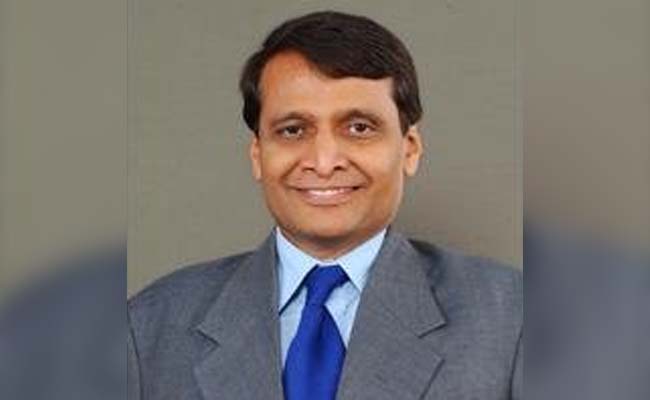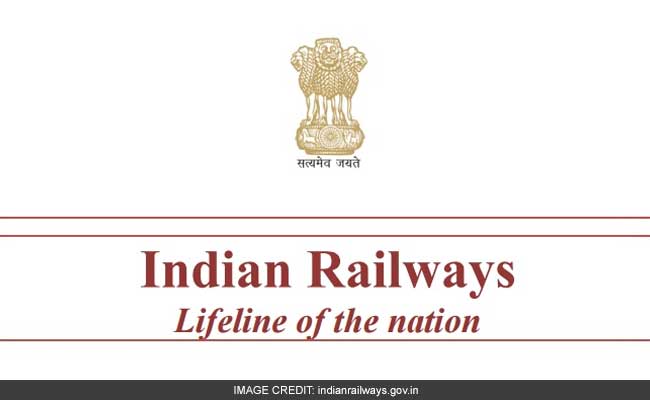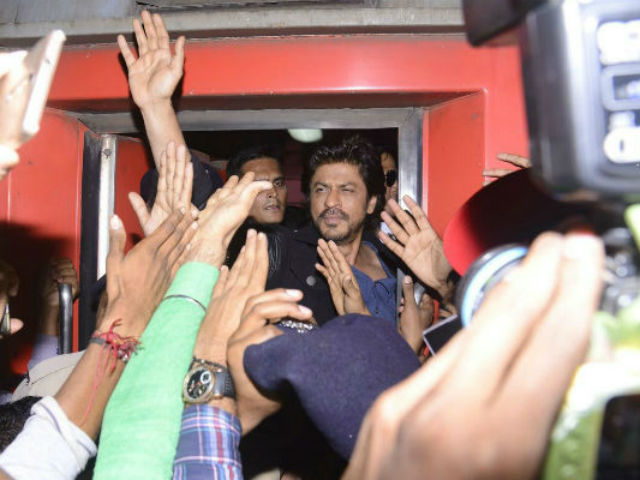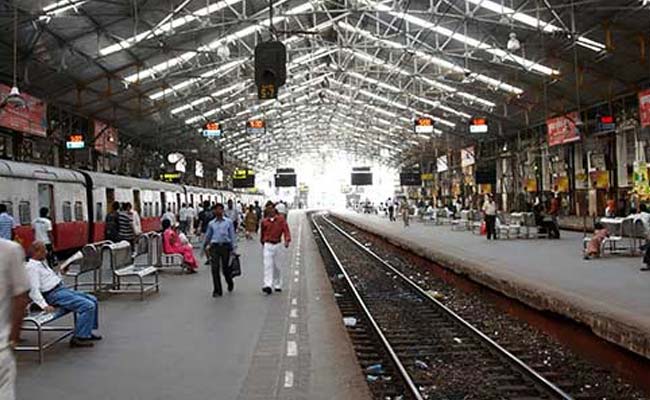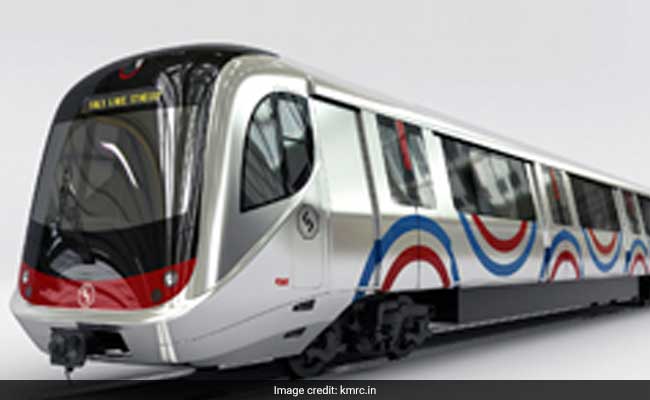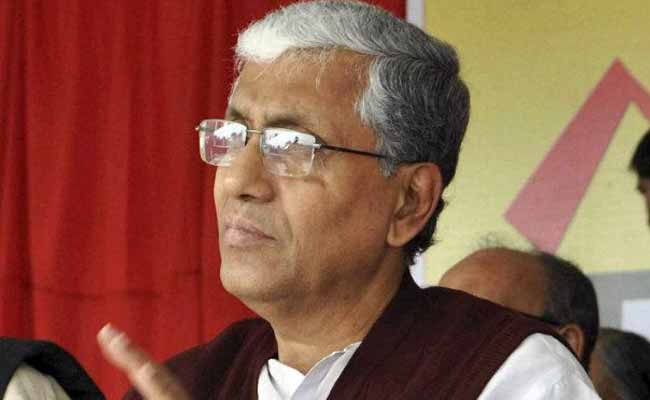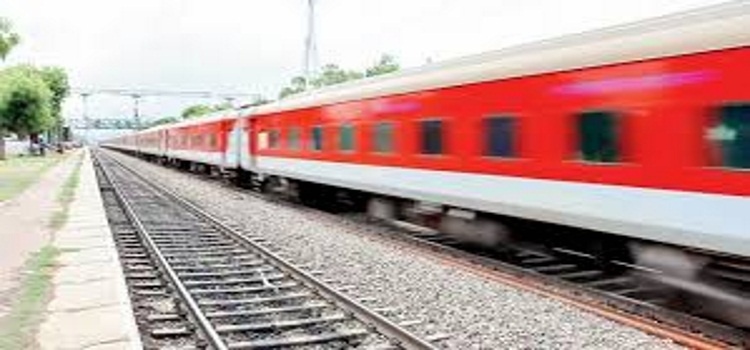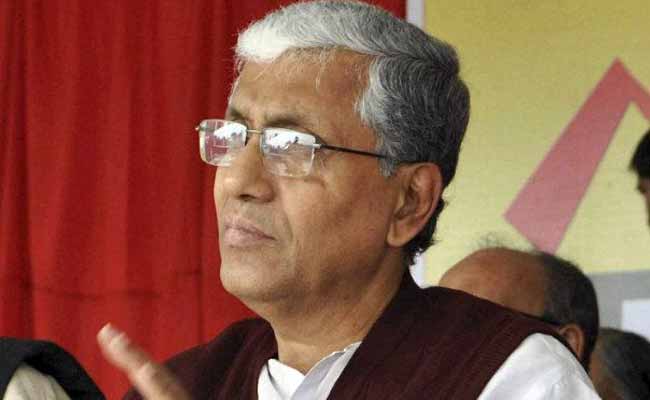Kolkata: Kolkata Metro will get 40 new air-conditioned rakes, the first of which has been delivered to the public carrier, Metro Railway sources said.
“Kolkata Metro has ordered new rakes from Integral Coach Factory (ICF) Perambur, Dalian and CRRC Zhuzhou of China,” Metro spokesperson Indrani Banerjee told PTI.
The ICF Perambur-manufactured new air-conditioned rake with state-of-the-art features that has arrived in the city, will undergo trial runs before it embarks on passenger service before Durga Pujas in September, Banerjee said.
The country’s first metro railway system will get another new rake from ICF in September, which will be followed by phased arrivals of 38 more rakes.
Apart from the air-conditioned rake that has already arrived and the others which are scheduled to come by September, another 14 have been ordered from ICF, Perambur, the spokesperson said.
“The city metro will also start getting delivery of 14 new rakes manufactured by Dalian of China by the year-end,” Ms Banerjee said.
Kolkata Metro To Get 40 New AC Rakes, First Of The Lot Arrives
The country’s first metro railway system will get another new rake from ICF in September, which will be followed by phased arrivals of 38 more rakes.
Kolkata | Press Trust of India | Updated: July 19, 2017 12:19 IST
by Taboola
Sponsored Links
Sponsored
Get Benefited with Credit Linked Subsidy Scheme under Pradhan Mantri Awas Yojana.Know More! (Ashiana Housing)
Watch the best TV Shows by joining Prime Membership at Rs.499/year! (Amazon Prime Video)
1Share
EMAIL
PRINT
1
COMMENTS
Kolkata Metro To Get 40 New AC Rakes, First Of The Lot Arrives
The new trains will also have communication-based train controlling system.
Kolkata: Kolkata Metro will get 40 new air-conditioned rakes, the first of which has been delivered to the public carrier, Metro Railway sources said.
“Kolkata Metro has ordered new rakes from Integral Coach Factory (ICF) Perambur, Dalian and CRRC Zhuzhou of China,” Metro spokesperson Indrani Banerjee told PTI.
The ICF Perambur-manufactured new air-conditioned rake with state-of-the-art features that has arrived in the city, will undergo trial runs before it embarks on passenger service before Durga Pujas in September, Banerjee said.
The country’s first metro railway system will get another new rake from ICF in September, which will be followed by phased arrivals of 38 more rakes.
Apart from the air-conditioned rake that has already arrived and the others which are scheduled to come by September, another 14 have been ordered from ICF, Perambur, the spokesperson said.
“The city metro will also start getting delivery of 14 new rakes manufactured by Dalian of China by the year-end,” Ms Banerjee said.
The rest 10 rakes have been ordered from CRRC Zhuzhou Locomotive Company of China, she said.
The Kolkata Metro at present runs between Kavi Subhash in the southern end of the city to Noapara in the northern outskirts over a route length of 27.22 km.
Work is on for the extension of the Metro services to Dakshineswar in the west via Baranagar from Noapara and to Barrackpore in the north from Baranagar, Ms Banerjee said.
The new rakes from ICF will have regenerative braking system in which the energy generated during braking will be directly fed into the third rail, carrying the power mains.
“This will lead to power savings of 20 per cent,” Ms Banerjee said.
At present, heat is expelled into the tunnel making it hot, she said adding, the new rakes will have wider vestibules for better air circulation in all coaches, as well as AC ducting along the seat for uniform cooling.
The new coaches will also have roof mounted package unit (RMPU) so that there is no water leakage from the roof of the train, which is a frequent complaint of commuters travelling in the existing air-conditioned coaches.
Kolkata Metro at present has 26 rakes, of which 13 are air-conditioned, while the rest are non-AC, which will be phased out after arrival of the new rakes.
The new rakes from ICF will have primary and secondary suspension with rubber springs to ensure jerk free comfortable rides. The present coaches have metal primary suspension and rubber-made secondary suspension.
The new trains will also have communication-based train controlling system where the motorman or driver will control all train operations from his cabin, including any problems related to doors, braking or cooling in coaches.
In the existing coaches, the motorman has to go down to the coach physically and find out the problems, which causes delay in running of trains, the spokesperson said.
“There will be four emergency talk-back systems in each coach where a passenger can talk to the motorman by pressing a button in case of any emergency,” Ms Banerjee said adding, at present there are two such systems in each coach.
